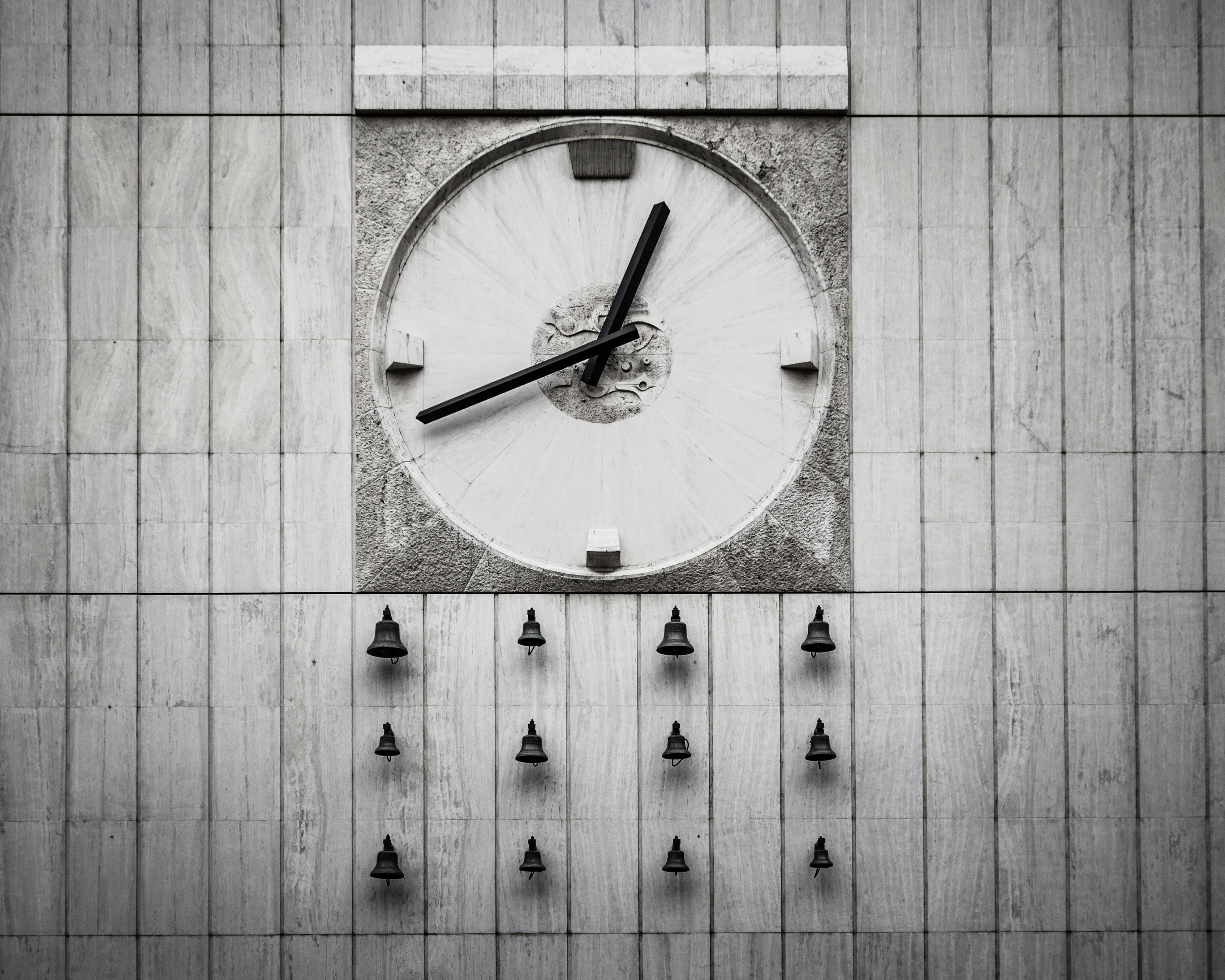Effective Ways to Relieve Ear Pressure from Cold in 2025
Ear pressure, particularly during a cold, is a common discomfort that many people experience. This sensation, often accompanied by ear congestion, can lead to significant pressure buildup, resulting in pain or a feeling of fullness in the ears. Understanding how to relieve ear pressure effectively can provide much-needed relief, especially for those who frequently suffer from ear issues, otitis media, or eustachian tube dysfunction. This article explores a variety of methods to manage ear pressure due to colds, ranging from home remedies to medical treatments.
In this guide, we will delve into the causes of ear pressure during a cold, the symptoms associated with ear congestion, and explore practical strategies for relief. Utilizing a combination of natural remedies, over-the-counter medications, and specific techniques, we will enhance your understanding of how to manage ear pressure effectively. Let’s take a look at the key takeaways and how you can implement these solutions in your daily life.
By prioritizing ear health and seeking effective relief, you can minimize discomfort associated with colds and keep your ears functioning optimally.
Understanding Ear Pressure Causes and Symptoms
Ear pressure during a cold is primarily caused by congestion in the nasal passages and sinuses, leading to fluid buildup in the ear canal. This can result in earache, hearing issues, and a feeling of fullness. When the eustachian tubes, which help equalize pressure in the ears, become blocked due to sinus pressure or cold symptoms, it creates discomfort. Understanding these causes is crucial for effective management.
Common symptoms of ear pressure include:
- Pain or discomfort in the ear
- A feeling of fullness or blockage
- Popping or clicking sounds in the ear
- Temporary hearing loss
- Headaches, especially sinus headaches
Identifying these symptoms can aid in recognizing when to apply treatments. Factors like allergies or sinus infections might exacerbate ear pressure, so staying aware of your symptoms and their potential triggers is essential.
With a clear understanding of what affects ear pressure, we can explore various effective techniques and remedies designed to provide relief and promote healing.
Home Remedies for Ear Pressure Relief
There are several effective home remedies that can help alleviate ear pressure caused by colds. These methods focus on naturally relieving congestion and facilitating drainage, providing an alternative to over-the-counter medications. Here are some practical strategies:
1. Yawning and Swallowing Techniques
Yawning and swallowing are two simple yet effective techniques. They help open the eustachian tubes, promoting equalization of pressure in the ears. When you yawn, you stretch the eustachian tubes, which can relieve pressure. Similarly, swallowing activates the muscles near the eustachian tubes.
Consider taking a sip of water or chewing gum to increase the frequency of swallowing. Both can be helpful in unclogging the ears.
2. Steam Inhalation for Nasal Congestion
Inhaling steam can provide significant relief from nasal congestion, which directly impacts ear pressure. Steam helps loosen mucus and facilitates easier drainage from the sinuses and ears. To practice steam inhalation, fill a bowl with hot water, drape a towel over your head and the bowl, and breathe deeply.
It's important to be cautious not to burn yourself with steam; ensure the water is not boiling. You can enhance the effects by adding a few drops of eucalyptus oil, which has natural decongestant properties.
3. Applying a Warm Compress
Heating the ear area can soothe discomfort associated with ear pressure. A warm compress applied to the affected ear encourages blood flow and can provide relief from ear pain. To prepare a warm compress, soak a clean cloth in warm (not hot) water, wring it out, and place it against your ear for 20 minutes.
This technique can be repeated several times a day for continued relief.
4. Staying Hydrated
Proper hydration is vital in maintaining mucous membrane health. Fluids help thin the mucus that contributes to ear and sinus congestion. Aim for plenty of water, warm herbal teas, and clear broths during a cold to keep your body hydrated. Additionally, hydration supports overall immune function as well.
5. Use of Natural Decongestants
There are several natural decongestants that can aid in managing ear pressure. For instance, apple cider vinegar diluted in water may help thin mucus—just be sure to consume it in moderation. Similarly, menthol products can help cool and soothe the nasal passages.
Incorporating these natural remedies can provide effective relief and support your body in healing from colds.
Having covered various home remedies for ear pressure relief, let's explore some over-the-counter options and their effectiveness in treating ear pressure issues.
Over-the-Counter Treatments for Ear Pressure
When home remedies are insufficient, over-the-counter treatments can effectively relieve ear pressure. These options range from antihistamines to decongestants, each playing a specific role in managing symptoms and easing discomfort.
1. Decongestants for Sinus Pressure
Oral and nasal decongestants can effectively reduce swollen nasal passages, enhancing drainage and lessening ear pressure. Medications containing pseudoephedrine can relieve sinus pressure and pave the way for improved eustachian tube function. Nasal sprays, such as oxymetazoline, can also provide immediate decongestive effects—though they should be used cautiously to avoid rebound congestion.
2. Antihistamines for Allergies
If allergies are at the root of your ear pressure issues, antihistamines can offer relief. These medications work by blocking histamine reactions that lead to inflammation and nasal congestion. Common options include loratadine and cetirizine, both effective for alleviating allergy symptoms contributing to ear discomfort.
3. Utilizing Nasal Sprays
Saline nasal sprays can help moisten the nasal passages, reduce congestion, and promote mucus drainage. Regular use of saline spray can prevent excessive dryness and make it easier to breathe and equalize ear pressure. It's a safe option that can be used alongside other treatments.
4. Over-the-Counter Pain Relievers
For more pronounced ear pain or discomfort, over-the-counter pain relievers such as ibuprofen or acetaminophen may be useful. These medications can help alleviate discomfort while addressing inflammation that may be contributing to pressure.
5. Pressure Regulating Techniques
Engaging in pressure-regulating techniques such as the Valsalva maneuver (gently blowing with your mouth closed and nostrils pinched) can help equalize ear pressure by forcing air into the eustachian tubes. This method, combined with proper hydration and medication, can enhance overall effectiveness in relieving ear pressure.

Self-Care Practices for Managing Ear Pressure
Practicing consistent self-care is essential for maintaining ear health and lessening ear pressure during colds. Here are some strategies to incorporate into your routine:
1. Proper Sleep Position
Your sleeping position can significantly impact ear pressure. Elevating your head with an extra pillow can help fluids drain away from the ears, reducing pressure. This setup facilitates better sinus drainage while you sleep, contributing to overall comfort.
2. Breathing Exercises for Ear Relief
Engaging in deep breathing exercises can assist with ear health. Focused breathing techniques can calm the body's stress response and promote relaxation, potentially reducing the perception of ear pressure. Practicing yoga or simple deep-breathing exercises can enhance circulation, benefiting ear health.
3. Avoiding Allergens
During cold and allergy seasons, avoiding allergens like pollen, dust, and pet dander can help mitigate ear pressure issues. Regular cleaning, using air purifiers, and wearing masks can reduce exposure to common allergens that may worsen symptoms.
4. Staying Warm and Comfortable
Cold environments can contribute to feelings of pressure and congestion in the ears. Keeping warm and cozy can enhance circulation, decreasing the likelihood of pressure buildup. Consider wearing ear coverings when exposed to cold weather to protect your ears.
5. Dietary Changes for Immune Support
Incorporating foods rich in Vitamin C, antioxidants, and hydration can help boost immune function during colds. Citrus fruits, leafy greens, and warming spices aid in fighting off infections and reducing inflammation, supporting ear health.
By integrating these self-care strategies, you can proactively address ear pressure concerns. Following a holistic approach combining these techniques can optimize your response to cold symptoms and ear pressure management.
When to See a Doctor for Ear Pressure Issues
While many cases of ear pressure during colds can be managed with home remedies and over-the-counter treatments, some situations warrant medical attention. If you experience any of the following symptoms, it's advisable to consult a healthcare provider:
- Severe or worsening ear pain
- Discharge from the ear
- Fever or signs of infection
- Hearing loss that is persistent
- Symptoms that last beyond several weeks
These red flags may indicate a need for further evaluation and potential treatment options, such as prescription medications or procedures for fluid drainage.
Now that we understand when to seek medical advice, we can explore common questions many individuals have regarding ear pressure relief during colds.
FAQs about Relieving Ear Pressure
How long does ear pressure last during a cold?
Ear pressure can last for varying durations, typically aligning with the length of the cold. Most commonly, ear pressure will subside as nasal congestion improves over a week to ten days. However, if it persists longer, a medical evaluation may be warranted.
Are there specific exercises to relieve ear pressure?
Yes, pressure-equalizing exercises, such as the Valsalva maneuver and Toynbee maneuver (swallowing while pinching the nose), can help equalize pressure in the ears effectively.
What role does hydration play in relieving ear pressure?
Hydration plays a crucial role by thinning mucus in the nasal passages, promoting drainage and reducing ear congestion. Ensuring adequate fluid intake (around 8–10 glasses of water daily) supports overall ear health.
Can allergies worsen ear pressure during a cold?
Yes, allergens can trigger inflammation and mucus production in the sinuses, exacerbating ear pressure. Managing allergies concurrently with cold symptoms is essential for effective relief.
When should I consider seeing a doctor for ear pressure?
If ear pressure persists beyond ten days, is accompanied by severe pain, fever, or hearing loss, you should seek medical attention for further evaluation and treatment options.

Conclusion
Managing ear pressure during a cold can be holistic and multifaceted, blending home remedies with self-care practices and over-the-counter treatments. Understanding the causes and symptoms enhances your ability to recognize when to apply different relief techniques effectively. Maintaining a proactive approach to ear health—through hydration, proper techniques, and timely medical attention—can minimize discomfort related to ear pressure.
By implementing the strategies discussed, you can alleviate ear congestion effectively and support good ear health throughout cold seasons. Whether adopting pressure-equalizing techniques or utilizing soothing remedies, taking steps toward ear wellness is an empowering journey to undertake.
